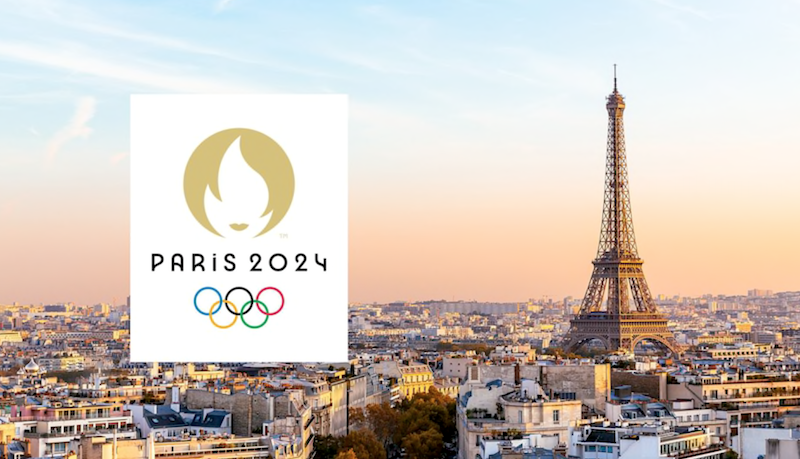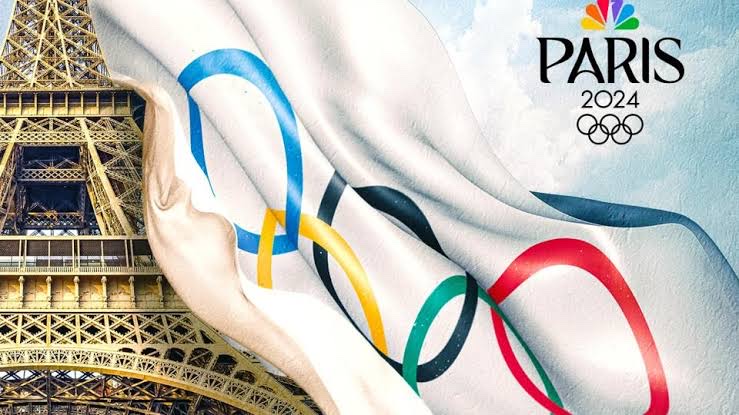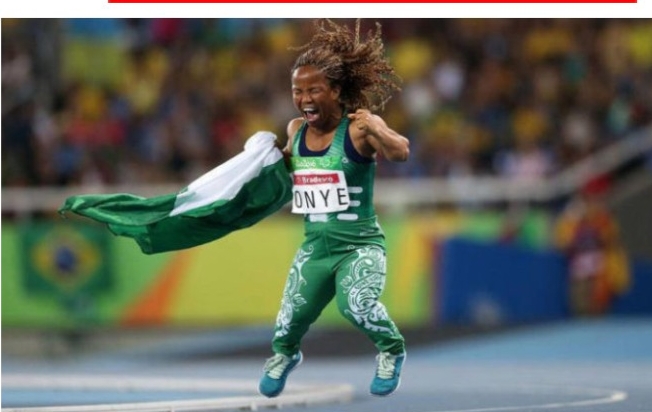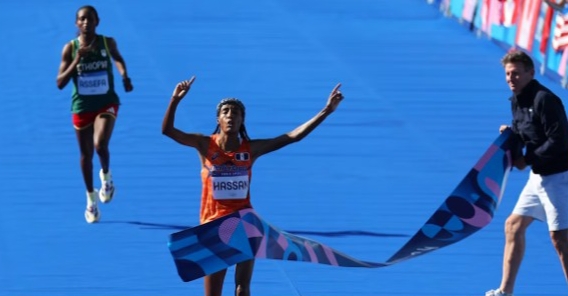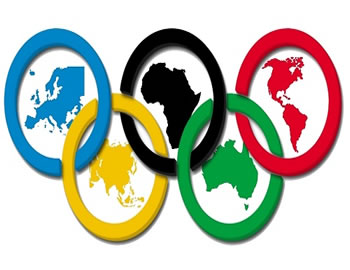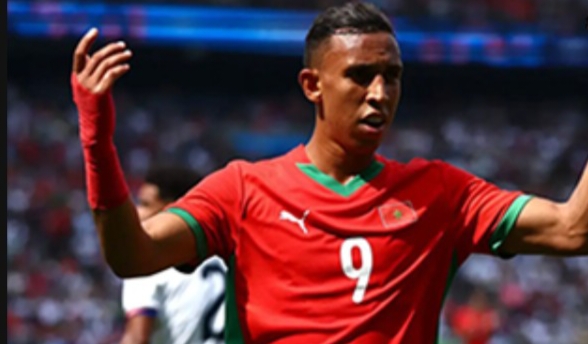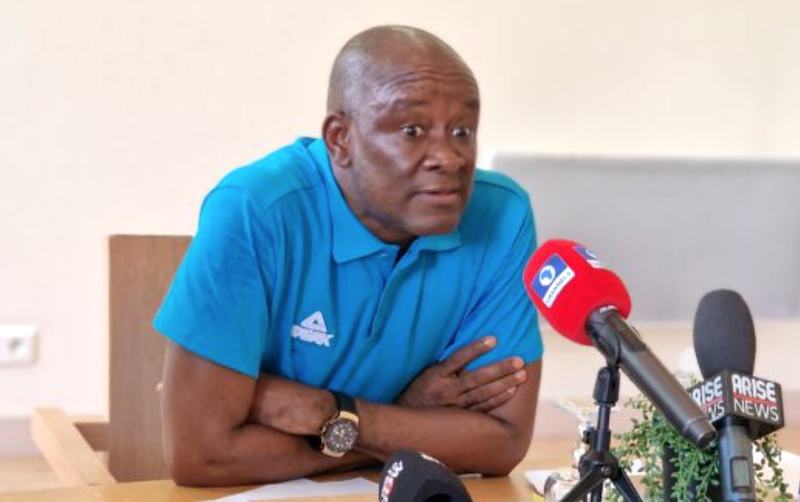Nations, diplomacy, and sports are interwoven. Sports persons and sports teams are, in a sense, representatives of and mirrors of their countries. It is no coincidence that most great nations are also leading sporting countries because it is a significant tool of soft power projection. Nations demonstrate their might either through ‘Fight’ or ‘play’. The latter is the province of international sporting events like the Olympics.
Sporting competitions, particularly at the elite level, have often been likened to modern-day wars. This metaphor draws on the intense rivalry, nationalistic fervour, and strategic and physical battles that characterize sports and warfare. However, unlike actual wars, which involve devastating loss of life and destruction, sports provide a controlled environment for channelling competitive instincts and resolving conflicts through non-violent means. Little wonder the famous author Goerge Orwell posits, “serious sport has nothing to do with fair play. It is bound up with hatred, jealousy, boastfulness, disregard of all rules, and sadistic pleasure in witnessing violence: in other words, it is war minus the shooting.” Modern states are not expected to wage war against each other for the fun of it or just sheer dominance; the only arena of legitimate dominance that elicits nationalism and patriotic fervour is international sports.
Like wars, sporting events, especially international competitions like the Olympics, become arenas where national pride and identity are fiercely defended and displayed. Athletes are often seen as warriors representing their nations, carrying the hopes and aspirations of their people. The victories and defeats in these arenas are celebrated or mourned, almost like battles won or lost on a battlefield. The spectacle of countries competing against each other in these global events can evoke strong emotions, much like the nationalism that fuels wars. Preparing for high-level sports competitions mirrors the strategic planning capabilities seen in military campaigns. Coaches and athletes meticulously study their opponents, devise game plans, and adapt their strategies as the competition unfolds. This aspect of sports is comparable to the strategy and tactics employed in warfare, where intelligence, preparation, and adaptability often determine the outcome. The intense focus on outmanoeuvring and outthinking the opponent in sports can be seen as a simulation of the strategic elements of warfare.
The Olympics are the highest arenas of sporting glory, where sporting artistry, creativity and skills are showcased to a global audience for fame, glory, prominence and recognition. Whatever happens there mirrors the relative might and priorities of the state. It significantly reflects the economic status of a state and the opportunities it offers. Better-organized societies and prosperous nations are more likely to achieve better results; the reverse is the opposite. Prosperous countries invest heavily in the sports industry and reap the reward in the country’s performance at these major sporting events. Historically, Africa and other third-world countries have won fewer sports awards in these competitions. Although this may have improved a little recently, the improvement is not significant.
The Paris Olympics is the latest iteration of great power competition in sports. So far, the final medals table reaffirms the familiar order of precedence among sporting nations: the US, China, Australia, France, the UK, Japan etc, are the leaders. Despite our population and talent, Nigeria is nowhere represented in the medals table. Nigeria’s lacklustre performance at the Paris 2024 Olympics has shown our level of organizational tardiness, shabby preparation and short-term solutions for long-term challenges, poor incentive system, lack of patriotism, corruption and nepotism; low government and private sector investment.
Olympics success is a function of many factors- training and preparation, athlete commitment and level of patriotism, sports administration capabilities, investment in sporting infrastructure, funding and professionalism. The poor organizational capabilities of the Nigeria Olympic Committee (NOC) led to the non-registration of Favour Ofili for a race in which she had a bright chance. This is not the first time NOC has displayed this level of negligence. Nigeria’s performance at the Paris Olympics mirrors the extent of our preparations, investment, and commitment. It is clear that we need a significant improvement in our sports administration to avert a more consequential crisis soon afterwards.
Our athletes do not just have potential, they are talented and capable. However, there is a lack of sufficient incentive and motivation for them to excel in the global international sporting arena. D’Tigress, Nigeria’s female basketball team, became the first African team (male or female) to reach the Olympic quarterfinals in Basketball. Favour Ofili became the first Nigerian in 28 years to reach the 200m finals. Chukwuebuka Enekwachi, in shotput, shone brightly even without a medal. Also, 18-year-old Samuel Ogazi became the first Nigerian man to reach the 400m final since 1988. Ese Brume, Ruth Usoro, and Prestina Ochonogor all secured spots in the final of the long jump event.
These achievements are a testament to the potential of our athletes and should give us hope for the future of Nigerian sports.
The Honourable Minister of Sports, Senator John Owan Enoh, demonstrated exceptional organizational skills at the Summer Olympics. However, the limited timeframe was insufficient to fully impact the final medal table. This underscores the crucial role of possessing superior organizational capabilities and engaging in long-term planning in the success of our athletes and teams. It is imperative that we allow adequate time for preparations to manifest in tangible results, and this should be a key focus of our sports administration.
However, the trend of Nigerian athletes competing for other countries raises questions about our sports administration, nationalism, and reward systems. Annette Nneka Echikunwoke, who won silver for the USA in the hammer throw, was a victim of administrative incompetence in the 2020 Olympics and hence had to switch representation to another country. Salwa Naser took silver for Bahrain in the women’s 400m race. Yemisi Ogunleye won gold in the women’s shot put for Germany. Tade Ojora and Victoria Ohuruogu competed for Britain, Rhasidat Adeleke for Ireland, Daisy Osakwe for Italy and Manuel Mordi for Germany, among others. This trend is a loss for Nigeria and must end. We must be ready as a country to harness the talents of all Nigerians and appreciate them, no matter where they are in the world. This will not only strengthen our sports teams but also promote a sense of national pride and unity.
John F. Kennedy argued that “sports are a microcosm of society. They are a medium through which we convey our values and goals.” It has the power to change the world. It has the power to inspire. It can unite people in a way that little else does. It speaks to young and old in a language they understand. It creates hope, whereas once, there was only despair. During this Olympics period, Nigerians feasted on the game, glued to their screens to cheer up their favourite athletes and inspire Nigerian athletes to sporting immortality.
As the Olympic games were on, Nigerian youth embarked on the mother of all protest, where in the North, many lives and property were lost and damaged, and, in the South, a pervasive feeling of hopelessness was in the air. Whether there was any link between the competitive sports of the Olympics and the competition for state power by protesters is yet to be fathomed, but one thing is clear: there is a parallelism between competitive sports and competitive contest for influencing government power in a direction the protesters are clamouring for.
The physicality of many sports, where athletes engage in direct, sometimes brutal, competition, also draws symbolism from physical combat. Sports like boxing, rugby, and American football, where physical dominance is crucial, can be seen as direct analogues to combat. Even in less physically confrontational sports, the psychological battles between competitors—where mental strength, resilience, and the will to win are paramount—resemble the psychological warfare between opposing forces in a conflict.
Sporting competitions as modern-day wars is a metaphor that captures the Olympics’ intensity, rivalry, and national significance. While most of the sorts share many characteristics with warfare—nationalism, strategy, physical and psychological battles—the critical difference lies in sports’ peaceful and constructive nature. Unlike wars, which bring destruction and suffering, sports unite people, offering a way to celebrate human achievement, resolve conflicts, and foster global unity. The contrast between the Russian-Ukraine conflicts, the Hamas brouhaha and the Paris Olympics is obvious. The Olympics are symbols of peace and prosperity. The insane, rootless fanaticism that drives a sports team is the same spirit that motivates patriotic people. Nigeria should use opportunities of future Olympics to be counted among the respected nations of the world. Let our future outing qualify us to be regarded as a nation of serious minded people.
